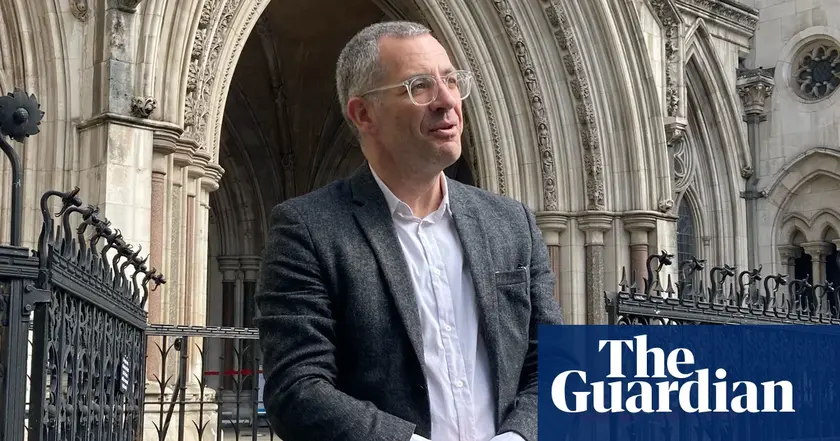T4K3.news
Protest rights under new UK terrorism designation
The UK has designated Palestine Action a terrorist organisation, prompting arrests and protests as legal challenges begin.
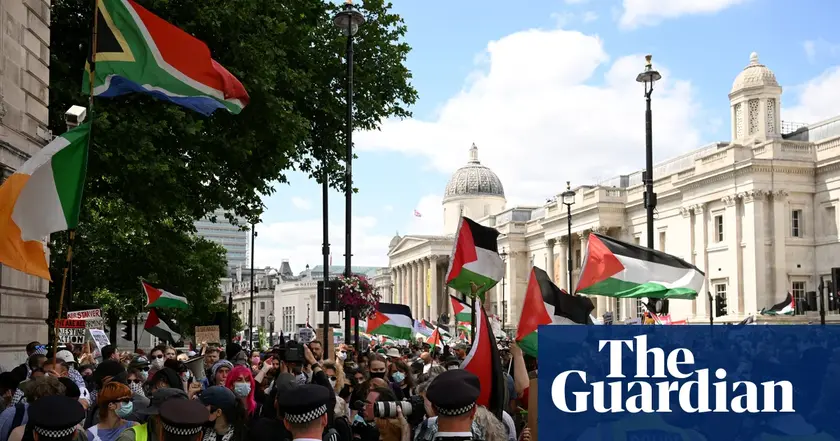
The UK designation of Palestine Action as a terrorist organisation prompts arrests and planned protests as court challenges question civil liberties.
UK bans Palestine Action faces widespread defiance
Britain has designated Palestine Action as a terrorist organisation, a move that has coincided with a wave of arrests of people who took part in Gaza protests or who showed support for the group. Police say more than 200 people have been detained in the past months. Among those detained are Deborah Hinton, an 81-year-old former magistrate, and Marianne Sorrell, an 80-year-old former teacher, illustrating the broad reach of the crackdown. The policy makes support for Palestine Action a crime, with a maximum sentence of 14 years for membership or inviting support.
Protesters plan a mass silent demonstration in Westminster this weekend, with hundreds expected. The police warn that arrests will be made and say the ban is based on security advice and potential further attacks. The designation has drawn sharp criticism from human rights groups and some lawmakers who say it curbs civil liberties and chills peaceful protest. Supporters of Palestine Action say the move targets dissent rather than violence, and they plan to challenge the decision in UK courts in November. The debate has also drawn international attention, with critics from the UN and Amnesty International questioning the move while others defend it as necessary for security.
Key Takeaways
"This is not a peaceful or non violent protest group"
Cooper's statement on the group
"The rights to demonstrate are being eroded systematically by the government"
Deborah Hinton speaking to the Observer
"This is a gross abuse of state power"
Alice Clack on the designation
"Britains backbone on display at a protest"
Tim Crosland on Saturday’s protest
Designating a protest group as a terrorist organisation tests the balance between security and civil rights. Officials argue the ban rests on solid security advice and evidence of planned attacks, but many arrests involve people who were expressing support rather than engaging in violence. The case could set a legal precedent for how far authorities can go to curb political dissent in peacetime. It also risks a backlash that could energize protest movements rather than deter them.
If the courts uphold the ban, Britain faces a long legal fight over where security ends and freedom begins. If the ban is overturned, it could bolster civil liberties but complicate security efforts and raise questions about the government tracking and prosecuting supporters of contentious causes. The coming weeks will reveal how deep the public appetite for protest runs and how resilient democratic norms remain under pressure.
Highlights
- Democracy tests its own limits
- Rights to protest are being chipped away
- A turning point for civil liberties
- Defiance grows when law clashes with conscience
Civil liberties risk in terrorism designation
The designation of Palestine Action as a terrorist organisation raises concerns about freedom of expression, wrongful arrests, and a chilling effect on dissent. The policy could set a precedent for restricting peaceful protest under security claims.
The debate over protest rights and security will shape Britain's political climate in the months ahead.
Enjoyed this? Let your friends know!
Related News
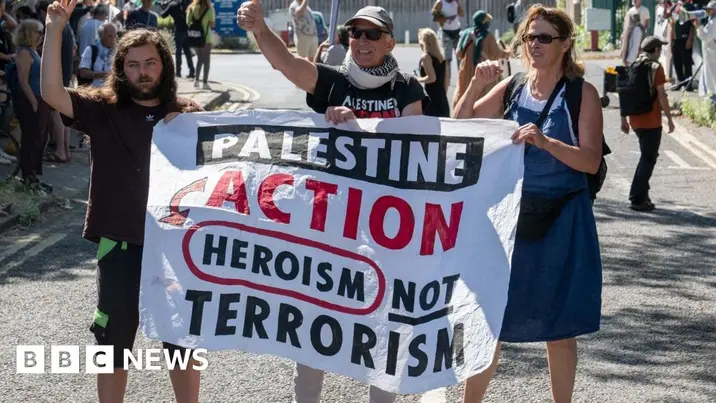
UK court rules Palestine Action can challenge ban
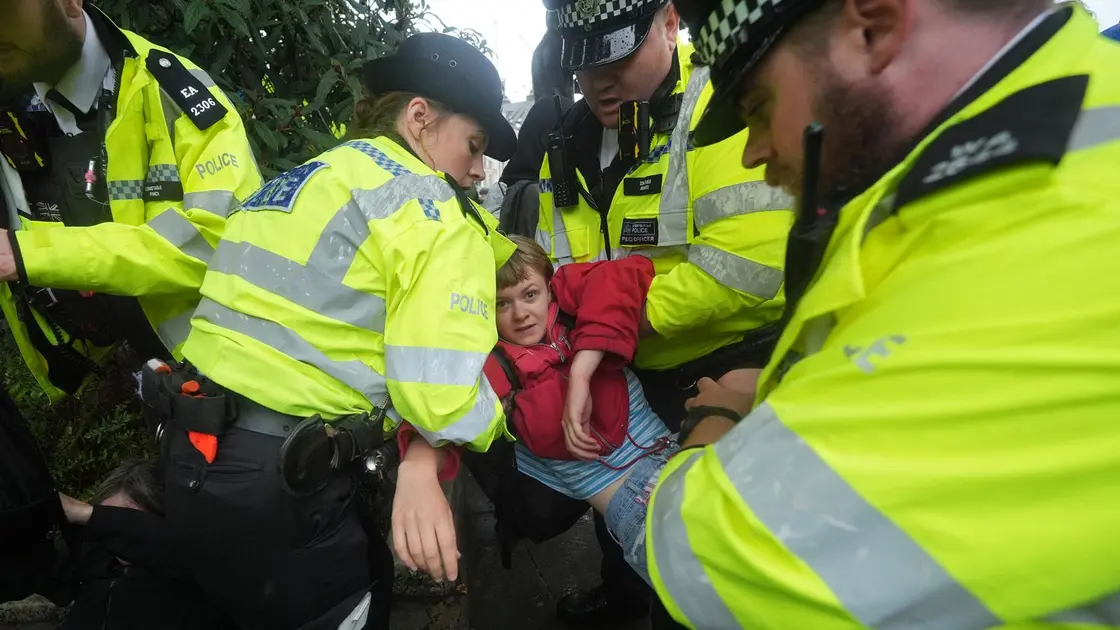
Protests against Palestine Action ban lead to multiple arrests
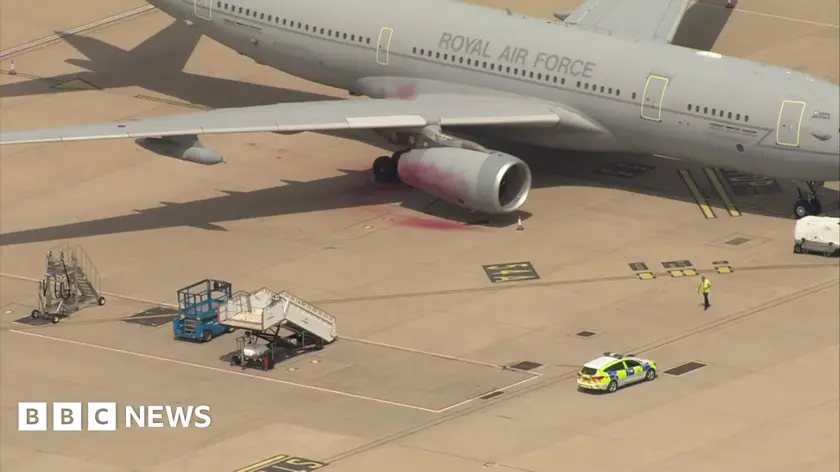
New arrest made in RAF Brize Norton break-in case

Kneecap Mo Chara in UK court
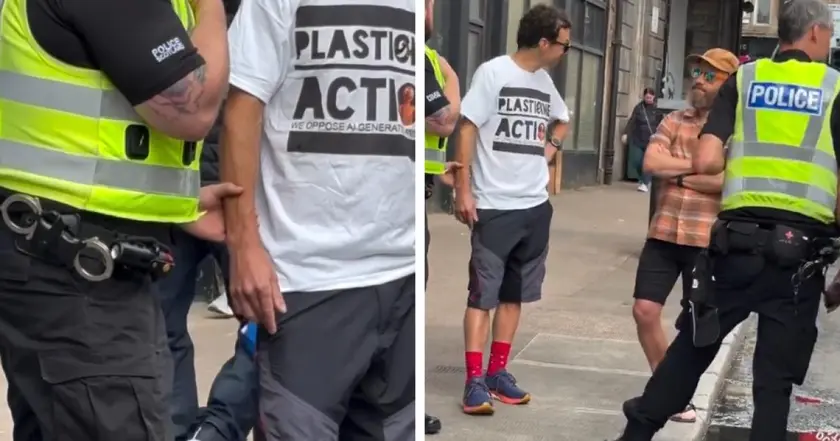
Police Scotland under scrutiny after plasticine T shirt detention
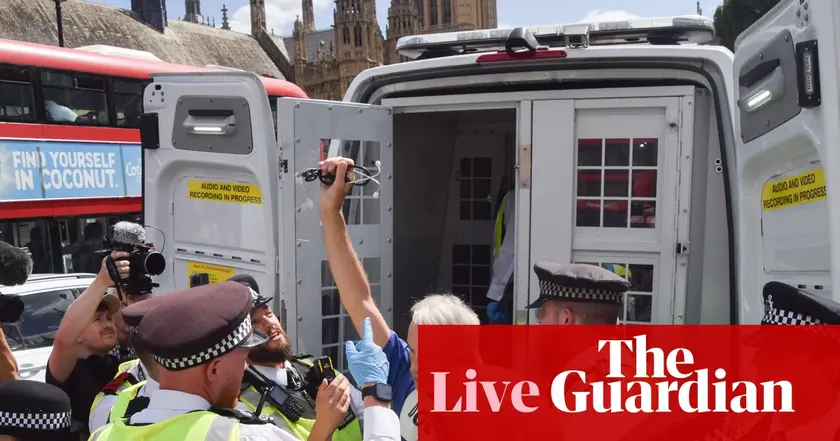
Lib Dem push for review of terrorism laws
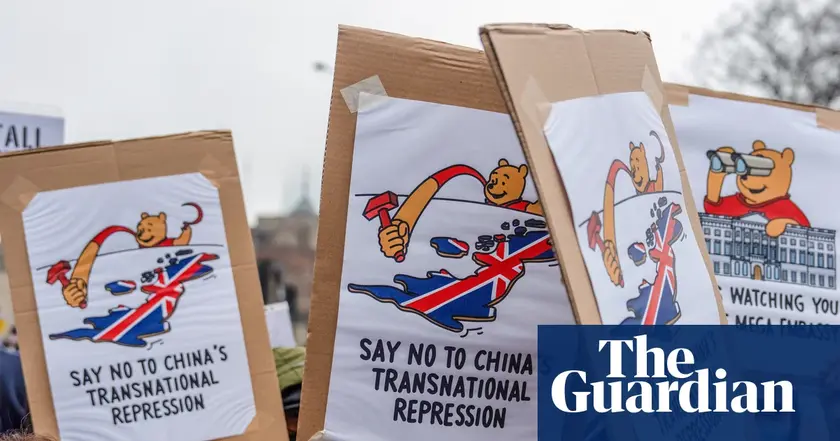
China's super-embassy proposal faces scrutiny in London
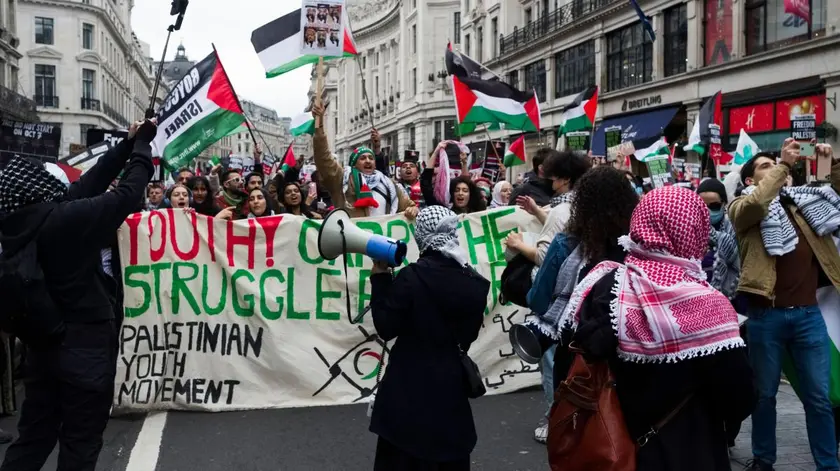
Pro-Palestinian groups announce actions against Labour
